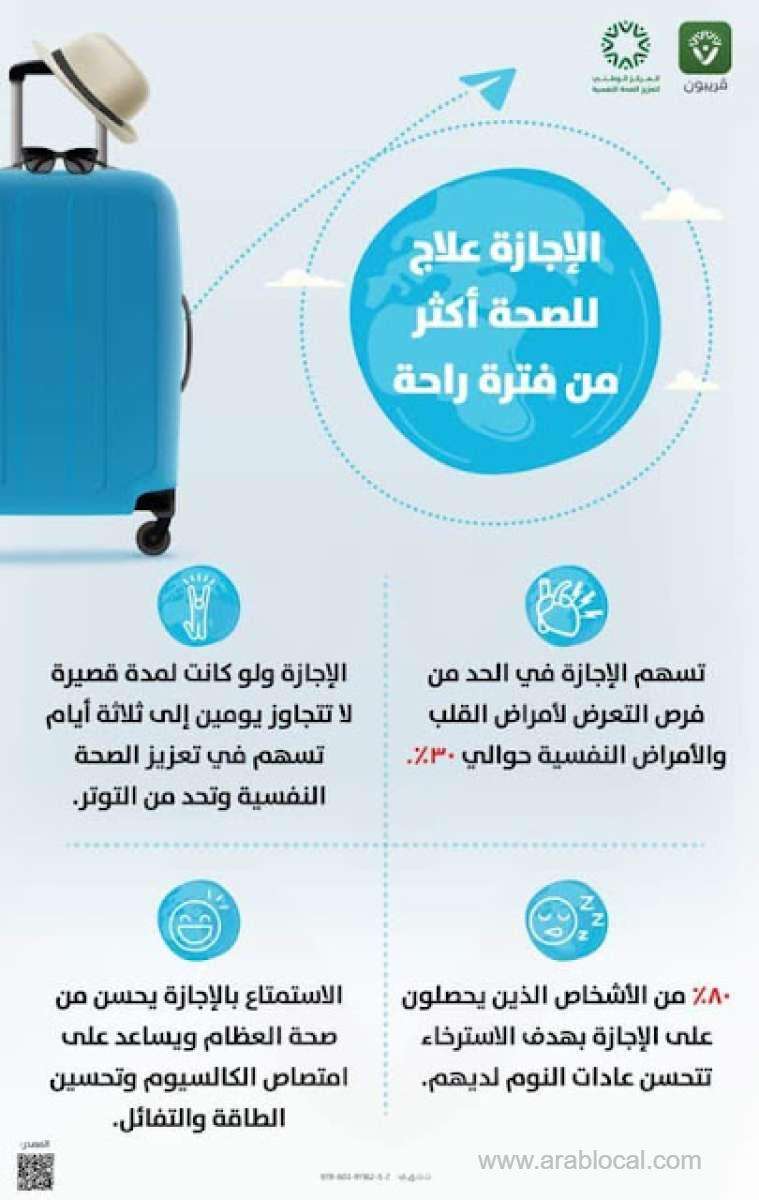1. Reduced Risk of Heart Diseases and Mental Illness:
According to the National Health Promotion Authority, individuals who take vacations have been found to have a 30% lower risk of heart diseases and mental illnesses. By breaking away from the stressors of daily life, vacationers can experience improved overall health and well-being.
2. Improved Sleeping Habits:
Taking time off to relax on vacation has been shown to improve sleeping patterns in 80% of individuals. Unwinding in a different environment and engaging in enjoyable activities can promote better sleep quality, leading to increased energy and vitality upon returning to daily routines.
3. Enhanced Mental Health and Reduced Stress:
Even short vacations, lasting no more than 2 to 3 days, can significantly contribute to enhanced mental health and stress reduction. Stepping away from work and responsibilities allows individuals to recharge, refocus, and rejuvenate their minds, resulting in reduced stress levels and improved emotional well-being.
4. Positive Impact on Bone Health and Energy Levels:
Vacations offer more than just mental health benefits. Studies suggest that enjoying a vacation can have a positive impact on bone health by aiding calcium absorption. Furthermore, individuals often experience increased energy and a more optimistic outlook on life after a vacation.
5. Boosted Creativity and Productivity:
Taking a break from the usual environment and routine can stimulate creativity and enhance productivity. By allowing the mind to rest and explore new surroundings, individuals can gain fresh perspectives, generate new ideas, and approach tasks with renewed enthusiasm upon their return.
6. Strengthened Relationships and Shared Experiences:
Vacations provide an opportunity for quality time spent with loved ones, be it family, friends, or partners. Engaging in shared experiences during vacations can deepen bonds, create lasting memories, and foster stronger relationships.
7. Heightened Pleasure and Life Satisfaction:
Research indicates that individuals who take regular vacations experience higher levels of pleasure and life satisfaction. The excitement leading up to the trip, the thrill of the actual vacation, and the happy memories created contribute to an overall sense of well-being and contentment.
8. Promoting Work-Life Balance:
Maintaining a healthy work-life balance is crucial for overall well-being. Prioritizing leisure and personal interests during vacation time helps prevent burnout, encourages self-care, and enables individuals to return to work with renewed energy and focus.
Vacations offer numerous benefits for individuals and families, ranging from improved physical and mental health to increased creativity and stronger relationships. The National Health Promotion Authority recognizes the significance of vacations as a form of medical treatment. By prioritizing time off and embracing the advantages of vacations, individuals can lead healthier, happier lives while maintaining a healthy work-life balance.










